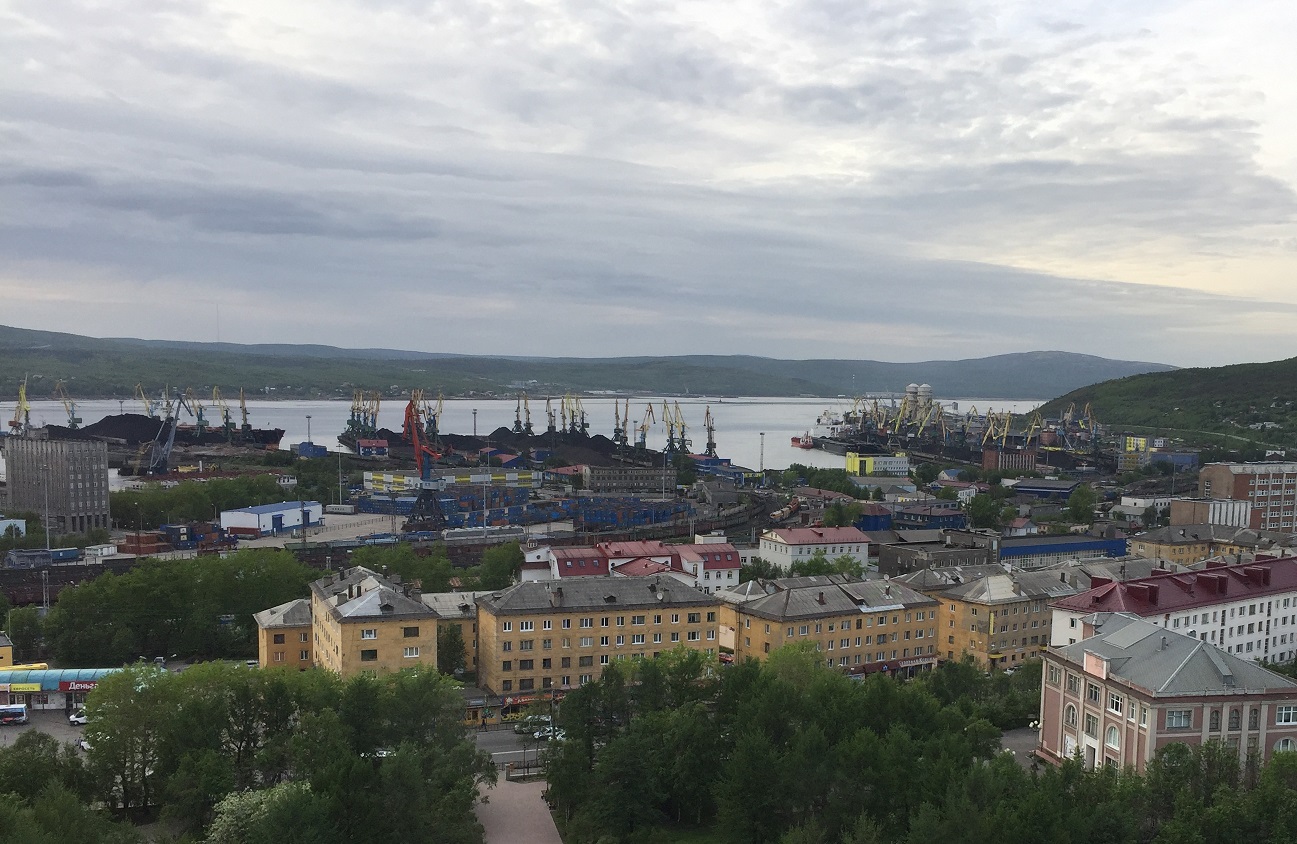The implementation of ILSAR ILS allowed to:
- create a unified system of operational, documentary accounting and control of port resources, vehicles engaged in the process of delivery to the port and transshipment of goods;
• increase the transparency of financial settlements with contractors, business processes and reduce transport and logistics costs; - improve the efficiency and quality of railway and road transport and logistics services of the port;
- increase the efficiency of internal / external document management, as well as accelerate the formation of documents in customs and other supervisory public services and organizations, including through electronic document exchange with Russian Railways (automatic exchange of electronic documents with AS ETRAN, using middleware software «Integrated Rail Transport Management System» (developed by ITL- Consulting)
- ensure the rhythmic and stable operation of production units;
- accelerate decision-making by the terminal’s management staff through the use of modern content delivery tools (ILSARMobileMonitor solution) to mobile/portable devices (communicators/tablets) based on iOS and Android;
- cover the chain of business processes — from the shipment of goods by senders to the port, to the dispatch of ships/wagons with goods to the owners of the goods.
Murmansk Commercial Sea Port, PJSC, is the oldest enterprise in the city of Murmansk and the Murmansk region as a whole, specializing in the transshipment of bulk (coal, pellets, iron ore concentrate, etc.) and general cargo, including containers. Port berths are capable of receiving vessels of the Panamax and Capesize type. The average intensity of loading ships in bulk is 23 thousand tons per day. The Company’s capacities allow transshipment of any general and bulk cargo, including bulky, long, heavy (up to 80 tons). The main market in which the port operates is the market for port services for transporting goods for export to ports in Western Europe, imported cargo from these ports and imported cargo from South Africa, as well as short-sea cargo. Current production facilities allow the port to provide a full range of stevedoring services and transship up to 17 million tons of cargo per year.








